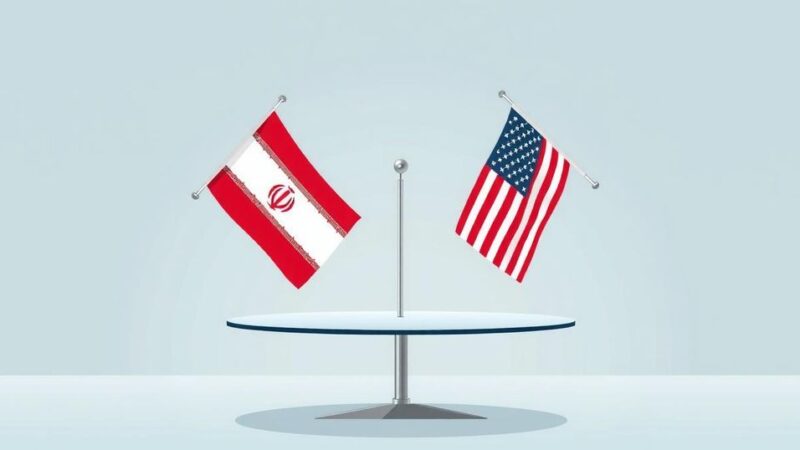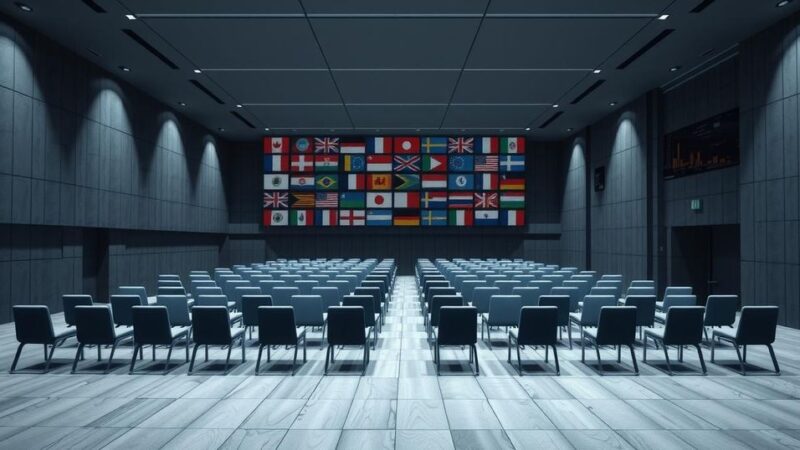China is shifting its diplomatic strategy, advocating for equal participation in peace talks involving Europe and Ukraine. The country has benefited economically from the Ukraine conflict while facing potential challenges from improved U.S.-Russia relations. Observing these dynamics, China may also draw parallels to Taiwan, reinforcing its need for strategic recalibration as tensions with the U.S. escalate, particularly amidst trade conflicts.
In global diplomacy, where each action is meticulously evaluated, China has articulated its position through the words of Lu Shaye, the special envoy for European affairs. He emphasized that Europe and Ukraine should not merely observe peace negotiations but participate as equals alongside Russia and the United States, criticizing the current negotiation framework. This shift indicates China’s growing discontent with traditional diplomatic processes dominated by Western powers.
The envoy’s assertion that “decisions must be reached through dialogue on equal footing” conveys China’s desire for a more inclusive approach in international discussions. He pointed out the inadequate representation of Europe, which is directly affected yet sidelined in negotiations that impact its future. This declaration illustrates a broader change in China’s diplomatic strategy, moving from a passive observer to a more assertive participant in global affairs.
In light of the ongoing Ukraine conflict, China has managed to capitalize on the resulting chaos. While the war is destructive, it has allowed Beijing to acquire Russian energy at discounted prices and enhance trade with Russia through the supply of goods. However, a quick resolution to the conflict could jeopardize China’s economic interests, potentially reopening the Russian market to Western companies and diminishing its own prominence in that space.
The implications of the Ukraine conflict extend to Taiwan, as China observes the situation strategically. If the global community tolerates Russia’s actions in Ukraine, China might interpret this precedent as a potential justification for taking similar actions towards Taiwan. Historical precedents are critical in China’s strategic thinking, echoing Mao Zedong’s metaphor of its role amid U.S. and Russian tensions.
China’s acute awareness of the U.S.-Russia relationship, especially in light of the war’s unfolding, provides insight into its strategic planning. Political analyst Ilya Gerashchenkov notes that China’s observation of Russian failures in Ukraine has led to increased confidence in asserting its interests, notably regarding Taiwan. Nonetheless, much will hinge upon future dynamics between Moscow and Washington.
As tensions rise, China’s diplomatic focus should shift to cultivating relationships with the European Union to mitigate the potential fallout from worsening U.S.-China relations. With the looming threat of trade disruptions, particularly with the U.S., the stability of the EU market becomes increasingly vital for China’s economic stability, positioning it as a key alternative for trade.
The confrontation between the U.S. and China continues to escalate, with Chinese officials articulating their position on perceived American duplicity. Chinese Foreign Minister Wang Yi warned against U.S. pressures, asserting that such tactics will destabilize relations and trust. Simultaneously, responses to U.S. trade proposals signify China’s readiness to confront escalating tariffs or trade hostilities.
Moreover, U.S. Defense Secretary Pete Hegseth’s remarks underscore a growing realization of the necessary readiness for conflict amid rising global tensions. The dynamics between these two formidable nations are evolving, compelling China to swiftly reassess its strategies to avoid becoming vulnerable to external pressures from both the U.S. and Russia. Immediate recalibration of China’s approach is critical to maintaining its standing on the global stage.
In summary, China’s diplomatic posture, influenced by emerging geopolitical realities, reflects significant changes in its engagement with global powers. Lu Shaye’s declaration emphasizes the necessity for inclusive dialogues involving Europe and Ukraine, marking a pivotal shift in China’s role from observer to activist in international relations. As the U.S.-China tensions rise, China’s strategic recalibration towards the EU emerges as a crucial maneuver to safeguard its interests amid ongoing global uncertainties.
Original Source: news.az






